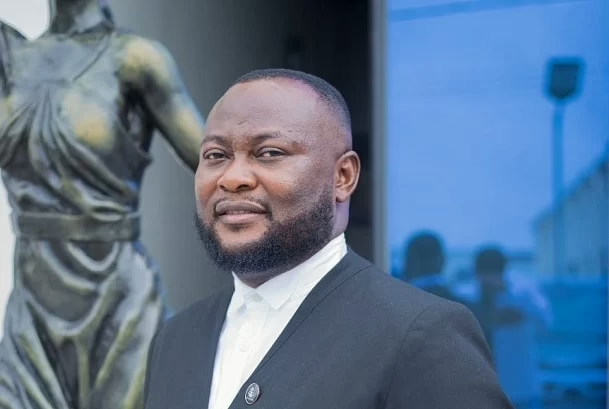Pelumi Olajengbesi Criticizes Proposed Salary Hike for Nigerian Politicians as Tone-Deaf
Abuja-based legal expert Pelumi Olajengbesi has publicly denounced the recent proposal to raise the remuneration packages of Nigeria’s president, governors, members of the National Assembly, and other political officeholders. He described the move as profoundly insensitive, especially given the current economic hardships faced by the average Nigerian citizen.
Contextualizing the Pay Raise Amid Economic Challenges
With inflation rates soaring above 20% in Nigeria as of early 2025, many households are struggling to meet basic needs. Against this backdrop, Olajengbesi argues that increasing politicians’ salaries sends the wrong message and undermines public trust in governance. He emphasized that such decisions should reflect empathy and solidarity with the populace rather than political self-interest.
Comparative Perspectives on Political Salaries
Globally, several countries have adopted measures to freeze or reduce political salaries during economic downturns. For instance, in 2023, South Africa implemented a temporary salary cut for government officials to redirect funds toward social welfare programs. Olajengbesi suggests Nigeria could consider similar approaches to demonstrate fiscal responsibility and commitment to citizens’ welfare.
Calls for Transparent and Accountable Governance
Beyond salary concerns, Olajengbesi advocates for greater transparency in how public funds are allocated and spent. He stresses that improving governance standards and curbing corruption would have a more meaningful impact on national development than increasing politicians’ paychecks. His stance resonates with many Nigerians who demand accountability and prudent management of state resources.
Public Reaction and Next Steps
The proposed salary increment has sparked widespread debate across social media platforms and civil society groups. Many citizens echo Olajengbesi’s sentiments, urging lawmakers to reconsider the proposal in light of the country’s socio-economic realities. As discussions continue, stakeholders call for inclusive dialogues that prioritize the welfare of all Nigerians.




















0 Comments